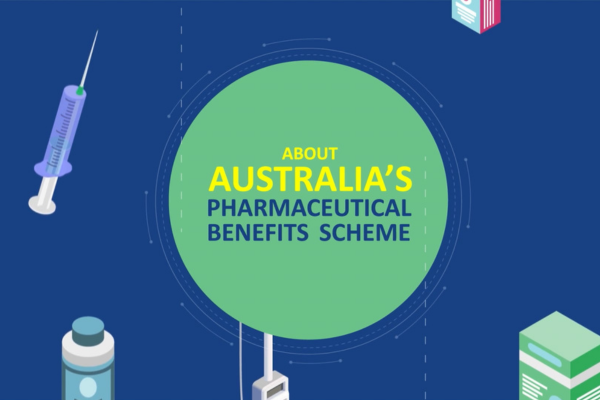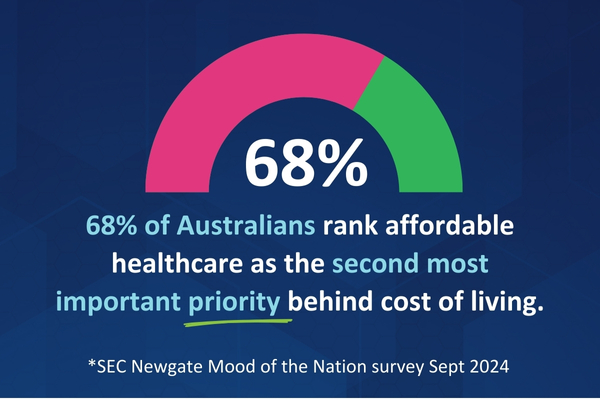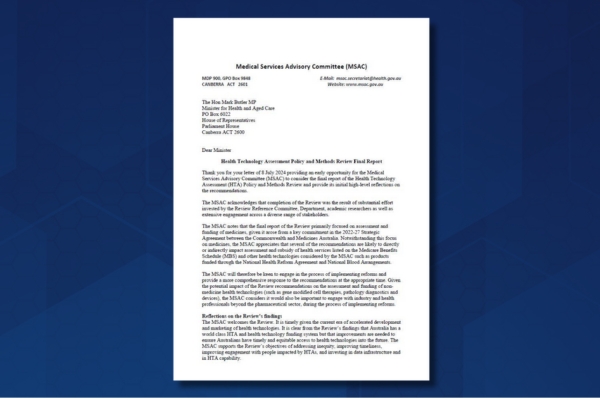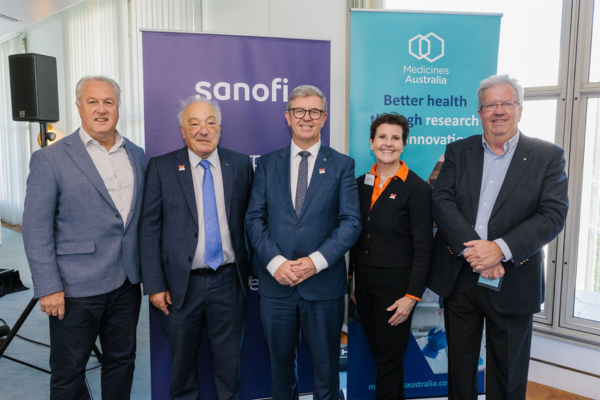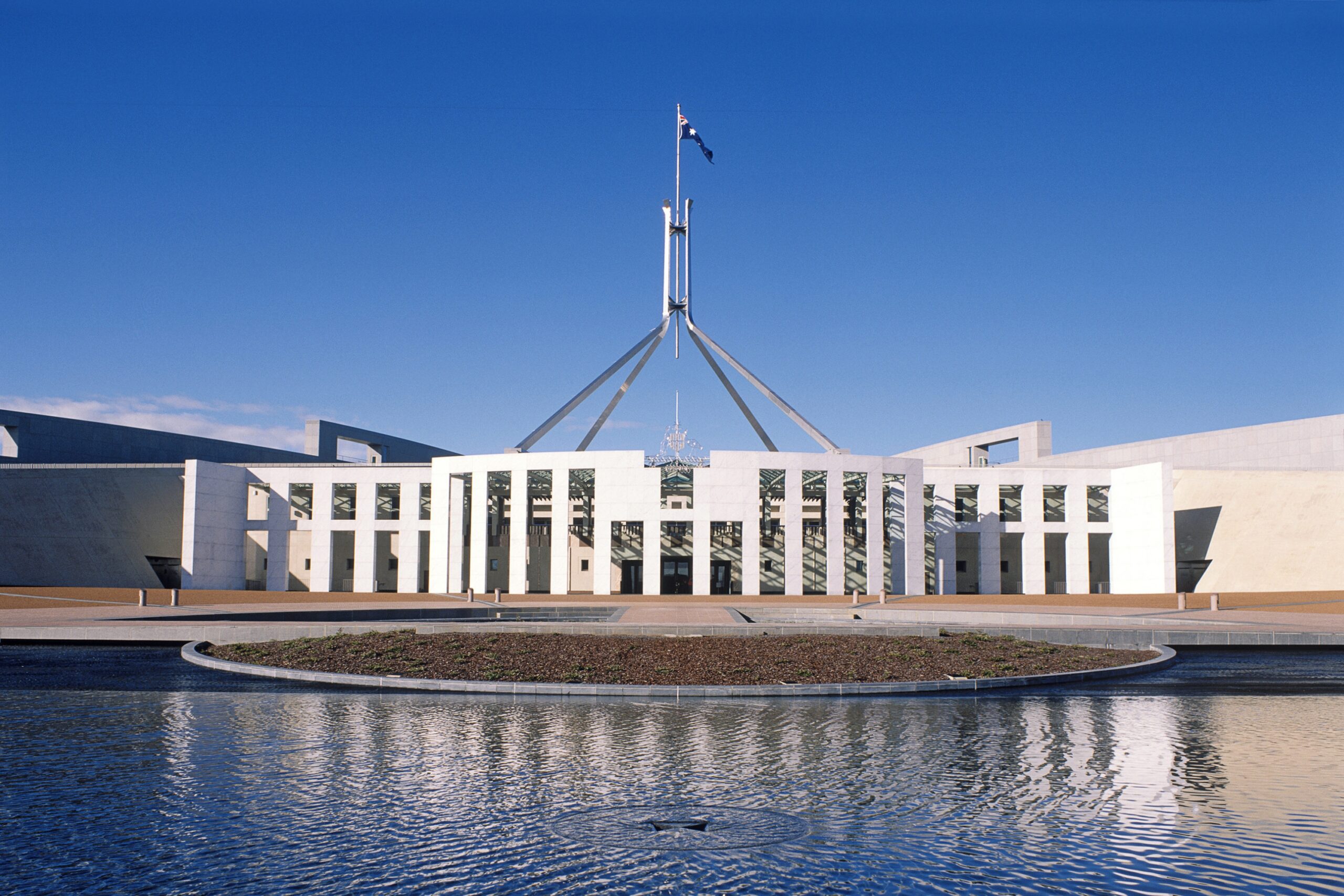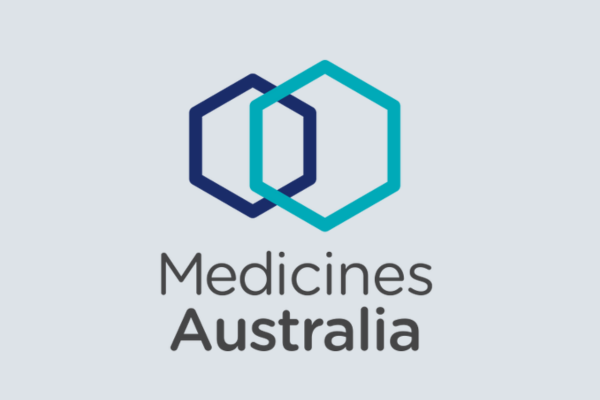Medicines Australia Code of Conduct Edition 20 adopted at AGM
30 October 2024: The next edition of the Medicines Australia Code of Conduct has been formally adopted by members and will come into effect on 30 March 2025.
The updated Code follows an extensive review throughout 2024 with members and broader public consultation involving non-member companies, industry associations, healthcare professionals, the patient community, the TGA and global regulatory bodies.
Edition 20 maintains the principles-based approach of Edition 19 with updates to address areas of ambiguity and changing practices in advertising and engagement with health professionals.
Key amendments made in this edition based on feedback and international standards include:
-A section to clarify how companies can make ethical and responsible product-specific media statements to consumer media when the information is relevant to the Australian public. This includes the announcement of a new product or indication and new public funding, such as a PBS listing and provides assurance and clarity to companies, as well as greater clarity for the Code Committees when adjudicating any related complaint. (Section 10.1).
-A shift in Minimum Product Information no longer being a requirement in promotional material, recognising that Product Information is easily accessible electronically. Mandatory inclusions are still required to ensure information relevant to prescribing is clearly communicated (Section 2.1)
-The extension of transparency reporting to include grants and donations to healthcare organisations, providing consistency with international transparency reporting (Section 14.2).
-An additional section on ‘balance’ (Section1.1) which emphasises the need for balanced information in promotional materials. A more concise definition guides companies to achieve this.
-The inter-company dialogue process is more clearly and specifically described in a new document ‘Intercompany Dialogue Standards’, supporting more meaningful interaction between companies and discouraging Code complaints as a competitive tool (Section 15.5). Failure to follow these Standards may cause a breach of the Code, with a fine up to $100,000 to be adjudicated by the Code Committee.
-The inclusion of a non-member company representative on the Membership of the Code and Appeals Committees if there is a complaint involving a non-member, encouraging better engagement by non-members with our complaints process.
In addition to these amendments, non-member companies will be required to pay a bond of $20,000 when lodging a complaint, which will better equalise the costs to member and non-member companies and offset the cost of the complaints process (Section 15.1). Where a complaint is upheld, and the subject company is found to be in breach of the Code, the bond will be refunded to the complainant.
Medicines Australia CEO Liz de Somer said the strong engagement by members and other stakeholders in the Code review demonstrates the industry’s commitment to ethical conduct.
“The Medicines Australia Code of Conduct is regarded globally as the gold standard of industry self-regulation and Edition 20 of the Code exemplifies this,” Medicines Australia CEO Liz de Somer said.
“We thank the Code Review Working Group for their hard work over the last 12 months and everyone who contributed to the Review process.”
Medicines Australia will be hosting a series of educational webinars to help companies with their understanding of the new version of the Code between November 2024 and March 2025. This will be followed in January by a new Bridging Course, and an updated Program 1- Code of Conduct, offered by our educational partner the University of Tasmania, in line with our Continuing Education Program.
A copy of the Code of Conduct – Edition 20 can be found here. Code guidance, contained in the Code Resource Toolkit, will be updated in the first quarter of 2025.
About the Code of Conduct
The Code of Conduct sets the standards for the ethical marketing and promotion of prescription pharmaceutical products in Australia.
Launched in 1960, the Medicines Australia Code of Conduct complements the legislative requirements of Therapeutic Goods Act, 1989 and the Therapeutic Goods Regulations, 1990.
The Code is periodically reviewed to ensure it remains relevant to members, the wider industry and external stakeholders, whilst continuing to align with international self-regulation and domestic policies, legislation, standards and community expectations.
___________________________________________________________________________
Media enquiries to Kate McKeown, Senior Manager Communications and Media – kate.mckeown@medicinesaustralia.com.au or 0408 775 288.

